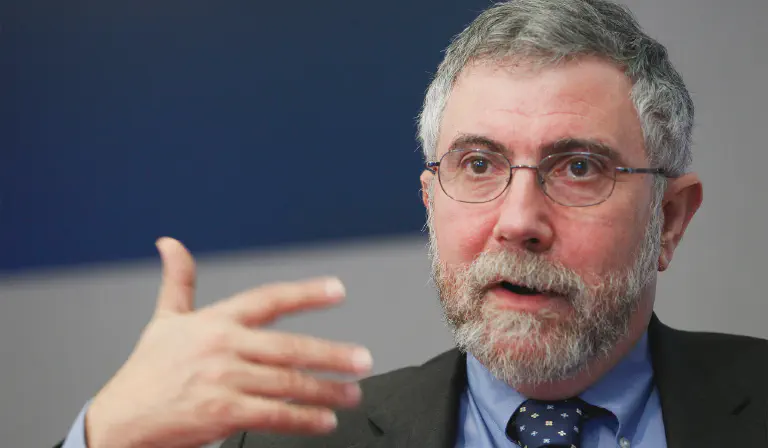What is economic policy?
If economics can be described as the study of the allocation of scarce resources among agents, economic policy can be described as the public rules and regulations that guide that allocation. Wherever a society is governed with laws, there will be laws that influence the economic prosperity of constituents, producers, and suppliers, as well as the distribution of resources among agents within the economy. Those rules constitute economic policy. Among them are rules outlining budgetary concerns, taxation, labour laws, money supply, interest rates, national ownership, currency regulation, trade, and more.
What responsibilities burden economic policy makers?
Economic policy makers are elected or hired on a variety mandates or party promises. They are held accountable by laws, and political systems with checks and balances. Along with high levels of public scrutiny, this high level of accountability demands from economic policy makers thorough decision analysis and detailed record keeping. Economic policy makers need to not only make the right decisions, they also need to justify those decisions with theory and data.
How do economic policy makers meet these responsibilities?
The short answer is with tax payer money. The good news is fiscal expenditure, even when matched with forward obligations, generates demand, creates employment, and facilitates economic distribution. Government line-departments spend enormous sums qualifying, supplementing, and implementing policy. While public organizations are not structured as private organizations--a difference some argue impacts efficiency--in more advanced economies, procurement (outsourcing consumption goods and services) is efficiently administered. This means efficient decision analysis, as an input to public service output, is usually in high demand.













